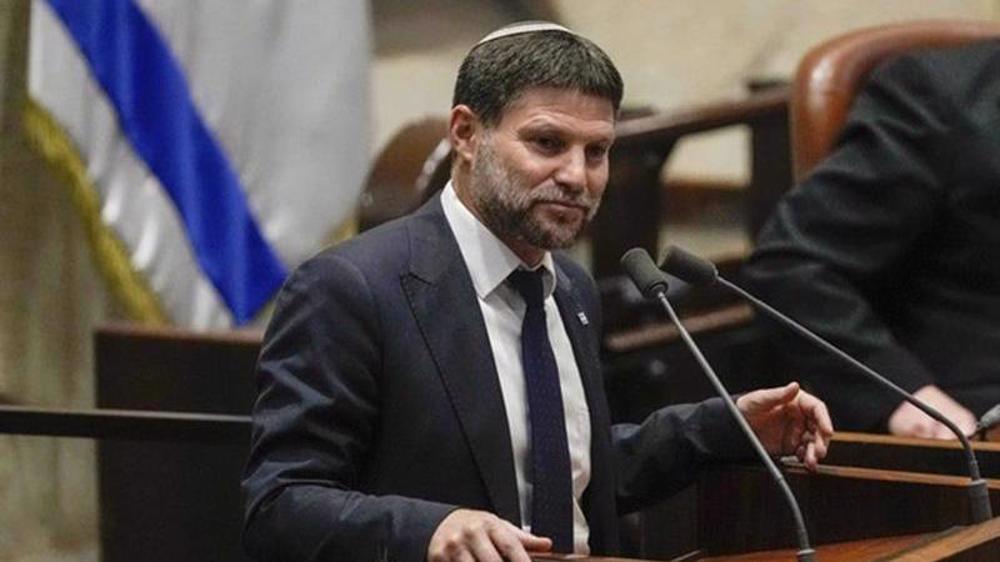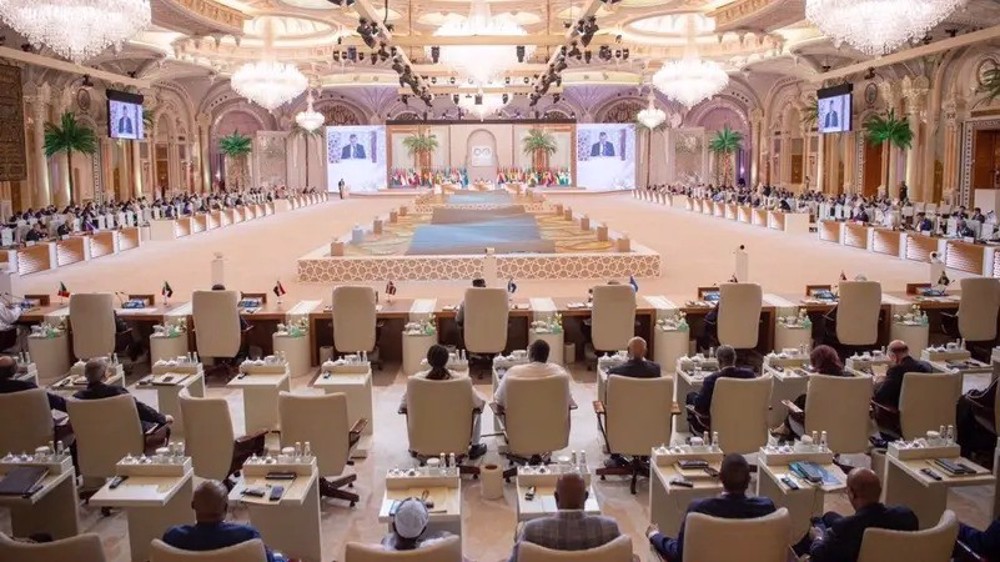Prison term for Saudi rights activist draws international backlash
A court ruling by Saudi Arabia's judicial system against a prominent human rights activist has triggered a deluge of international criticism.
Saudi women's rights activist Loujain al-Hathloul was on Monday given five years and eight months in prison over charges related to "terrorism" and was also banned from leaving the country for five years.
The 31-year-old, who has been held since 2018, is accused of allegedly undermining "the kingdom's security, stability and national unity."
The Saudi pro-government Sabq online newspaper reported that the so-called Specialized Criminal Court (SCC) in the capital, Riyadh, issued the verdict against the prominent activist after she was convicted of "various activities prohibited by the [kingdom's] anti-terrorism law."
Hathloul was taken into custody in May 2018 with about a dozen other women's rights activists just weeks before the lifting of a decades-long, medieval ban on driving by women.
The Geneva-based Office of the United Nations High Commissioner for Human Rights described Hathloul's conviction and sentence as "deeply troubling" and said she had been "arbitrarily" detained.
The organization said it "strongly encourage[d]" Hathloul's early release.
The French Foreign Ministry said it had reiterated a call for the prominent Saudi activist's "quick release."
Germany's human rights commissioner Barbel Kofler also echoed the same view.
Jake Sullivan, the national security adviser in the incoming administration of US President-elect Joe Biden, also wrote in a tweet that, "Saudi Arabia's sentencing of Loujain al-Hathloul for simply exercising her universal rights is unjust and troubling."
Family says will appeal the verdict
Meanwhile, the family of the human rights activist called her trial a "sham" and announced on Tuesday that they would appeal her prison sentence.
"The moment Loujain saw the verdict, she started crying because… she had been labeled as a terrorist," her brother Walid al-Hathloul told AFP news agency.
"We are going to be appealing the verdict even though [we] don't have any hope from the Saudi judicial system."
A motion to appeal can be filed within a month by the public prosecutor.
Saudi authorities have arrested dozens of activists, bloggers, intellectuals, and others perceived as political opponents ever since Crown Prince Mohammed bin Salman became the kingdom's de facto leader in 2017, showing almost zero tolerance for dissent even in the face of international condemnations of the crackdown.
The detention of activists has cast a renewed spotlight on the human rights record of the country, an absolute monarchy that has also faced intense criticism over the 2018 murder of dissident journalist Jamal Khashoggi in its Istanbul consulate.
US vetoing of Gaza ceasefire resolution ‘disgraceful’: Iran’s UN envoy
VIDEO | IAEA adopts anti-Iran resolution tabled by E3
VIDEO | Iran's president urges Pope to help end Israel's onslaught in Gaza
Iran's senior legal official: ICC arrest warrant for Netanyahu ‘great victory'
Nov. 21: ‘Axis of Resistance’ operations against Israeli occupation
VIDEO | Israeli forces storm West Bank’s Jenin again, target civilians
Iran activates advanced centrifuges after IAEA's 'unjust' resolution
VIDEO | Press TV's news headlines











 This makes it easy to access the Press TV website
This makes it easy to access the Press TV website